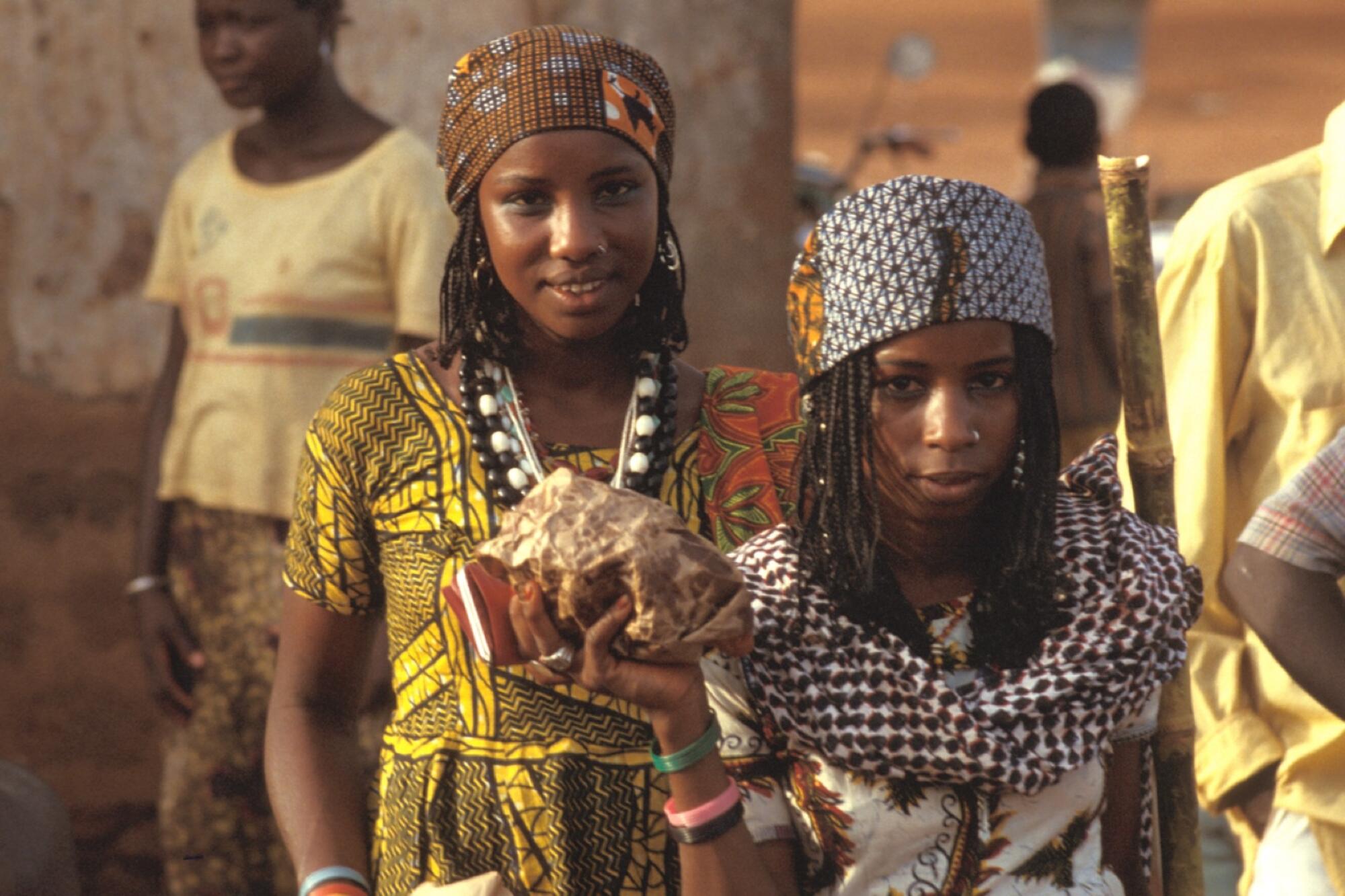Symposium on Women and Water Security for Peacebuilding in the Arab Region
Beirut, Lebanon
Background
The symposium is organized by the United Nations Department of Economic and Social Affairs (UN DESA), in collaboration with the United Nations Economic and Social Commission for Western Asia (UN- ESCWA) and the Pacific Water Research Centre of Simon Frazier University, Vancouver Canada. The symposium will bring together representatives of Arab member States, representatives from relevant international, regional and national organizations, as well as civil society institutions and experts engaged in gender and water security challenges affecting women and girls in Arab States.
The primary objective of the Symposium is to review and advance the emerging water security gender nexus in the Arab region. This is of particular importance as the Arab region is one the most water-scarce, with 13 of the 36 of the most water-stressed countries in the world located in the region. Today those lacking access to clean water and improved sanitation mostly live in lower income, occupied or conflict-ridden countries and women in particular are deeply impacted with respect to the intersection of water security.
Within this context, systematically addressing persistent gender gap in the response to gender, water security and peace is one of the most effective mechanisms for building resilience. Achieving this resilience also requires that serious considerations be given to monitoring and assessment of gender responsive data, indicators, monitoring, follow-up, and implementation. The symposium aims to strengthen the national capacities of the Arab region to integrate water security and gender approaches in their national plans and strategies.
The specific objective of the activity is to enhance the capacity of governmental and non-governmental practitioners from the region, to formulate and implement strategies, policies, frameworks and programs in support of SDG3, SDG5, SDG6 and SDG16. Within the context of the implementation of the above-mentioned SDGs the Symposium will help achieve the following policy-relevant outcomes:
• Develop ways in which women can be recognized as agents of change; this will include approaches that can help surpass stereotypes of women’s role in water security, especially women refugees, and women head of households, and help bring about true behavioral and policy changes.
• Formulate actionable recommendations for mainstreaming gender in policy planning and implementation of water policies at the community level including refugee communities.
• Community mobilization, with an aim to achieving positive health outcomes through improved knowledge and implementation of better hygiene practices.
• Modeling inclusion of women to serve as interlocutors in times of conflicts and in enhancing conflict resolution and post-conflict reconstruction.
The Symposium will undertake an evidence-based assessment of country experiences (Jordan, Lebanon, State of Palestine, Sudan, Syrian Arab Republic and Yemen) in integrating women and water security programs and produce actionable recommendations and a policy brief on the issue of gender and water security
The primary objective of the Symposium is to review and advance the emerging water security gender nexus in the Arab region. This is of particular importance as the Arab region is one the most water-scarce, with 13 of the 36 of the most water-stressed countries in the world located in the region. Today those lacking access to clean water and improved sanitation mostly live in lower income, occupied or conflict-ridden countries and women in particular are deeply impacted with respect to the intersection of water security.
Within this context, systematically addressing persistent gender gap in the response to gender, water security and peace is one of the most effective mechanisms for building resilience. Achieving this resilience also requires that serious considerations be given to monitoring and assessment of gender responsive data, indicators, monitoring, follow-up, and implementation. The symposium aims to strengthen the national capacities of the Arab region to integrate water security and gender approaches in their national plans and strategies.
The specific objective of the activity is to enhance the capacity of governmental and non-governmental practitioners from the region, to formulate and implement strategies, policies, frameworks and programs in support of SDG3, SDG5, SDG6 and SDG16. Within the context of the implementation of the above-mentioned SDGs the Symposium will help achieve the following policy-relevant outcomes:
• Develop ways in which women can be recognized as agents of change; this will include approaches that can help surpass stereotypes of women’s role in water security, especially women refugees, and women head of households, and help bring about true behavioral and policy changes.
• Formulate actionable recommendations for mainstreaming gender in policy planning and implementation of water policies at the community level including refugee communities.
• Community mobilization, with an aim to achieving positive health outcomes through improved knowledge and implementation of better hygiene practices.
• Modeling inclusion of women to serve as interlocutors in times of conflicts and in enhancing conflict resolution and post-conflict reconstruction.
The Symposium will undertake an evidence-based assessment of country experiences (Jordan, Lebanon, State of Palestine, Sudan, Syrian Arab Republic and Yemen) in integrating women and water security programs and produce actionable recommendations and a policy brief on the issue of gender and water security
Session 4
Session 5
Session 2
Opening Session
Session 3

Gender equality and women’s empowerment
Related Goals
